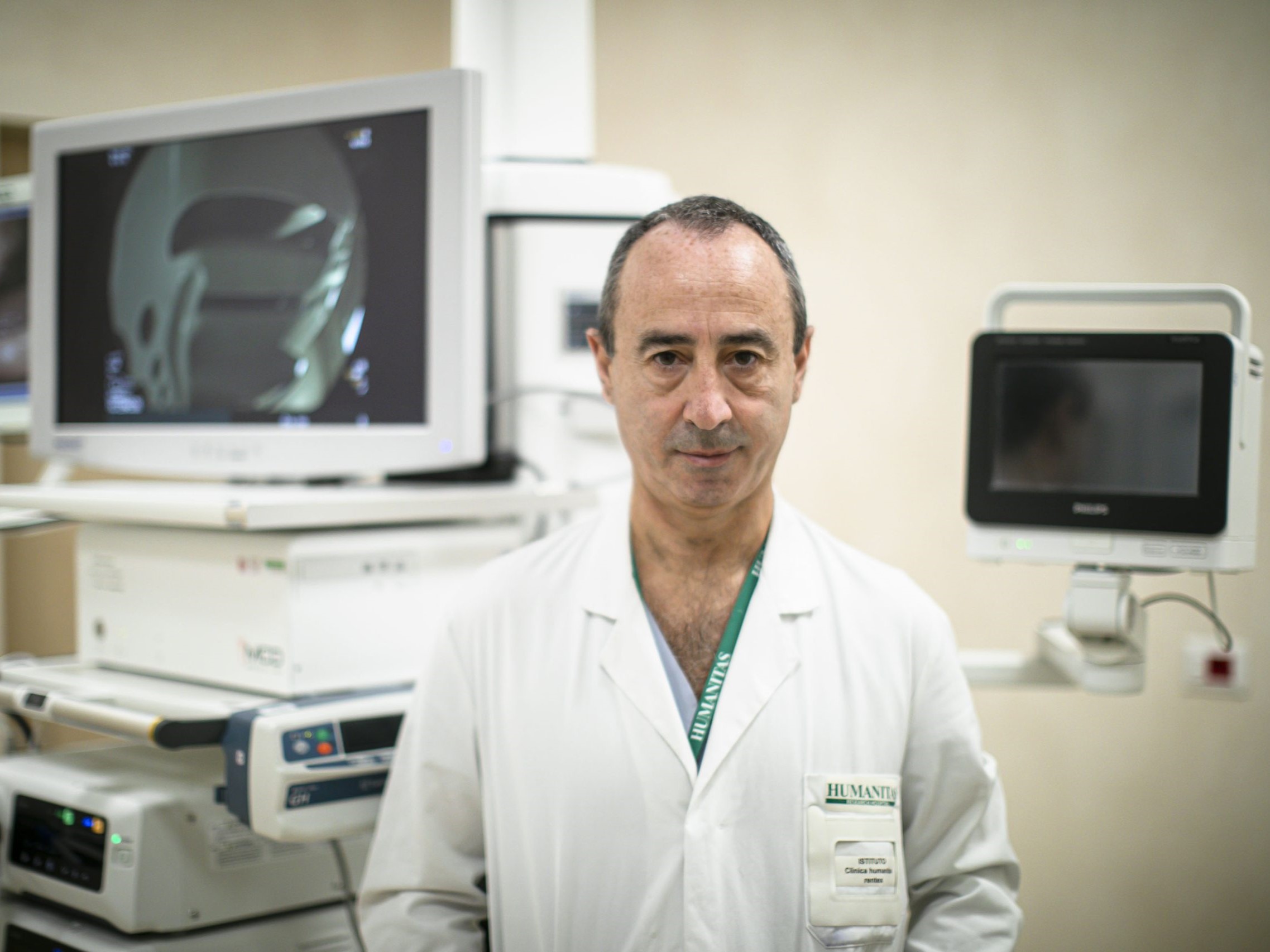

The President’s Award from the American Society for Gastrointestinal Endoscopy (ASGE) was presented for the first time to an Italian, Dr. Alessandro Repici. On May 4th in San Diego, California, Dr. Repici, Director of the Department of Gastroenterology and Head of the Division of Gastroenterology and Endoscopy at Humanitas Research Hospital in Milan, received the prestigious award.
This is the first time an Italian has been honored with this recognition, one of the highest in the field. Dr. Repici emphasized that the award should also be credited to his team at Humanitas and, more broadly, to the entire field of gastroenterology in Italy, which is internationally recognized for its advancements.
Dr. Repici’s work has consistently been seen as having a global impact, especially for his ability to bring innovation to his field. He highlighted the importance of globalizing knowledge, noting that this has created opportunities for international researchers to collaborate and learn from Italy. One initiative he particularly values is the creation of a Mentorship Program for women in gastroenterology, with a special focus on Africa.
A significant example of Italian innovation in his discipline is the first FDA-approved artificial intelligence system for gastroenterology, which stemmed from one of his studies. Initially met with skepticism in the field, AI has become a breakthrough, largely thanks to the collaboration between Dr. Repici’s team and Cosmo Pharma, an Italian company based near Milan.
Looking to the future of endoscopic gastroenterology, Dr. Repici believes the most important advancement will be in its therapeutic role, not just diagnostic. Many conditions that once required surgery can now be treated endoscopically. For instance, the majority of cases of esophageal achalasia are now treated endoscopically. He remains confident that the minimally invasive approach, which uses natural orifices, will continue to expand. This method not only benefits patients by being less invasive but also reduces hospital stays, cuts costs, and supports greater environmental sustainability.


